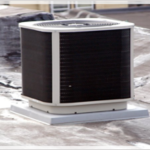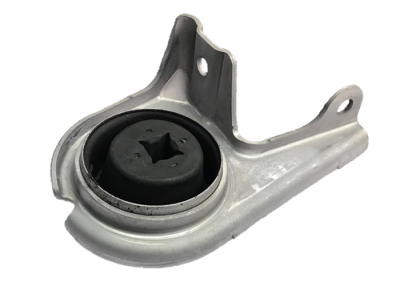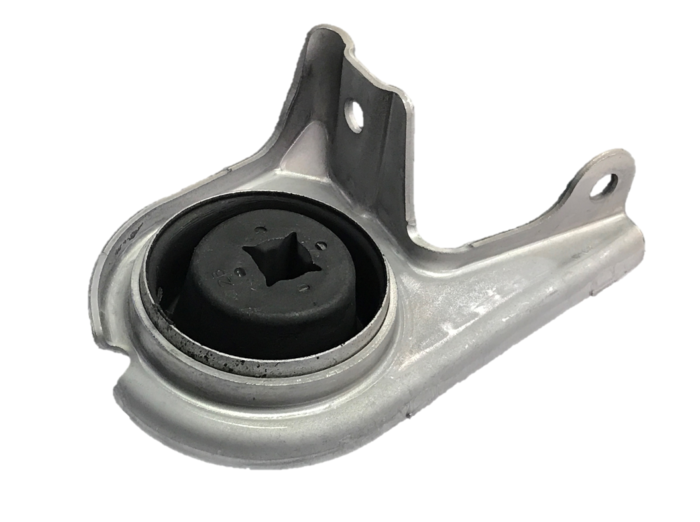Working with a trusted service offering different options in metal finishing and plating services is important for any OEM. Unfortunately, many small companies do not take the time to research their plating services, and simply choose a local company or a business they have worked with in the past.
When it comes to zinc nickel alloy plating, an experienced company with expertise in the process is essential. This is true not only for the aesthetics of the part after the plating process but also for the long-term performance of the plating and ultimately of the part.
The Benefits of Zinc
Zinc, as well as zinc alloys, are very effective options for plating that provides a high level of protection from corrosion on parts and components. Zinc is a naturally occurring metal that is easy to find and easy to process, so it is inexpensive to use a plating option. With new technology, the plating can be applied very evenly across even complex shapes in a rapid, low-cost plating operation.
Zinc nickel alloy plating uses a combination of zinc and nickel. The other common alloy used with zinc in other types of alloy plating is tin. The addition of nickel is important, as for a very minimal cost, the corrosion protection on the part or component is increased by approximately tenfold over using zinc alone.
The choice of zinc nickel alloy plating means the part or component can have a longer duty cycle even in the most demanding types of applications. However, zinc nickel is not always the best alloy, particularly in marine applications, which is something an experienced plating service will always point out to customers.
Precision application of the plating, the specific percentage of nickel in the alloy, as well as the ability to produce a consistent surface for further coatings if needed are all important aspects of the process to consider. Top plating companies can plate to tight tolerances, which is essential for most parts and components and a must for the OEM.







